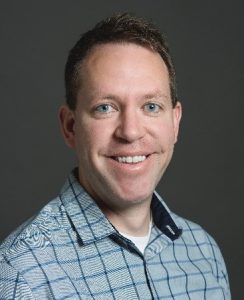 Dr. Shawn Owen (Department of Pharmaceutics and Pharmaceutical Chemistry – University of Utah)
Dr. Shawn Owen (Department of Pharmaceutics and Pharmaceutical Chemistry – University of Utah)
Antibodies are important biological scaffolds used in biotherapeutics and diagnostics. The utility of antibodies can be expanded by coupling them with small-molecule drugs or proteins. Using both protein engineering and bioconjugation chemistry, we have created a series of highly-characterized antibody-conjugates that simultaneously deliver multiple drugs to induce new forms of synthetic lethality. Using these platforms, we are able to significantly increase the amount of drug that reaches a therapeutic target and demonstrate the applicability against HER2 positive cancers, as well as, drug-resistant bacteria. In separate approaches, we are utilizing split-enzyme technology to construct a new class of antibody-mediated diagnostics. These ‘wash-free’ homogenous immunoassays are as sensitive and more rapid than current technologies, without cumbersome processing steps. We have successfully constructed assays to measure protein biomarkers to follow cancer treatment and assays to monitor therapeutic drug levels. We are currently applying our platform to investigate important protein-protein interactions.
———————————————————————–
Shawn C. Owen, Ph.D is an Assistant Professor in Pharmaceutics and
Pharmaceutical Chemistry and Adjunct Professor of Internal Medicine at the University of Utah. He is also a member of the Huntsman Cancer Institute Experimental Therapeutics Program and the Nano-Institute of Utah. Owen’s research focuses on evaluating the pharmaceutic stability of antibody-based therapeutics, creating ADCs that induce self-amplifying therapeutic cascades, and engineering antibody-split enzyme systems for diagnostic applications. He has published ~25 research papers on biotechnology and his research has produced 4 patent applications. Owen is recognized with several prominent university teaching awards and is sought for outreach workshops by both academia and industry sponsors.
Hosted by Dr. Molly Shoichet. Snacks and Refreshments will be served
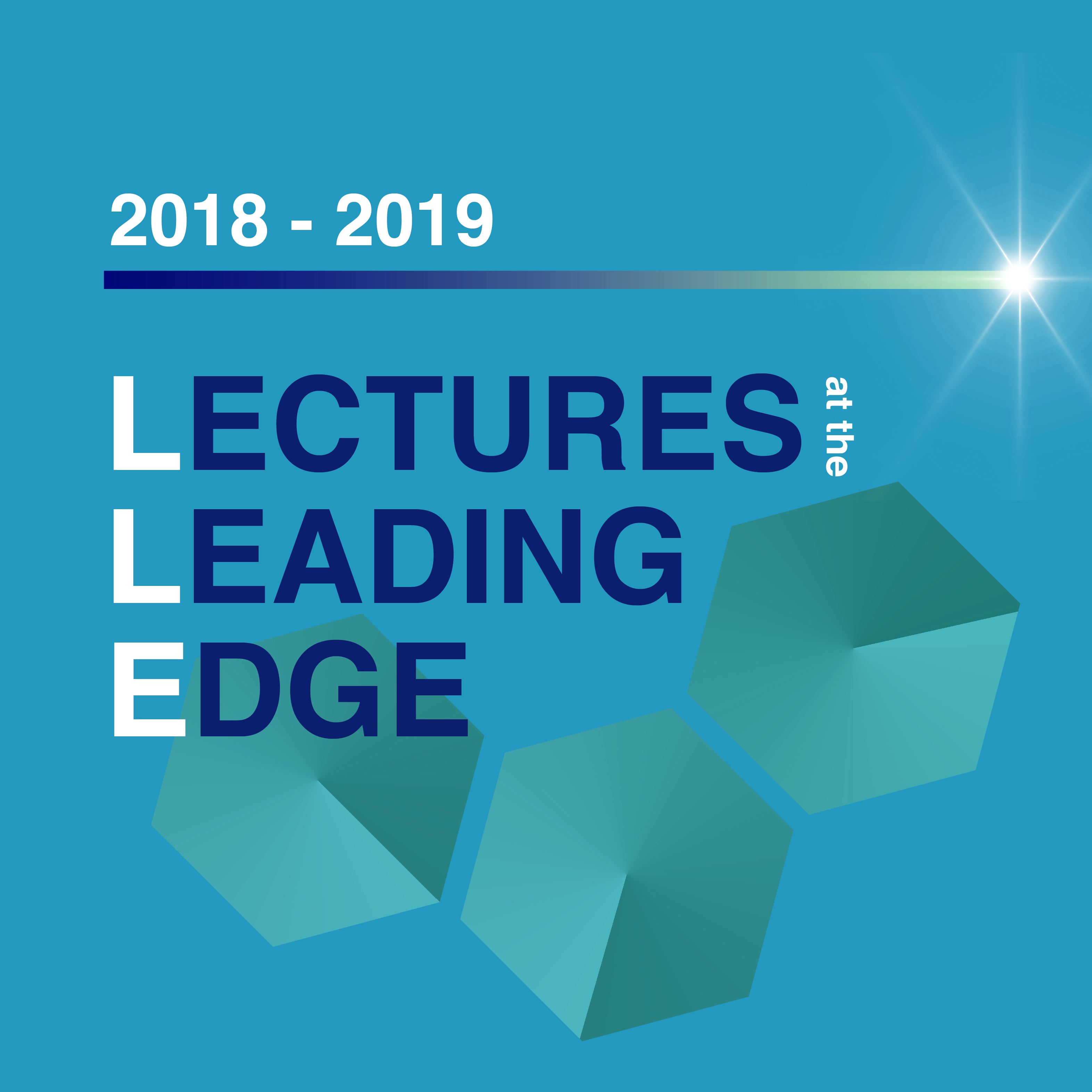
Co-hosted with the Institute for Studies in Transdisciplinary Engineering Education and Practice (ISTEP)
JENNIFER CASE
Virginia Tech
GOING BEYOND THE FADS AND JARGON: WHAT DOES RESEARCH TELL US ABOUT TEACHING FOR HIGH QUALITY LEARNING IN SCIENCE AND ENGINEERING?
There is much contemporary talk on how university teaching is outdated, and how radical change is needed to accommodate the needs of current students and the expectations of the workplace. Many of these calls, whether for active or problem-based learning fall into a longer and broader tradition of progressivism in education. To interrogate their applicability, a carefully formulated position is needed on knowledge and learning in science and engineering. In this talk, Jenni Case draws on contemporary research in engineering education to consider the nature of knowledge in the curriculum, and what we know about learning challenges in these fields, and how teaching can best support high quality learning outcomes.
__________________________________
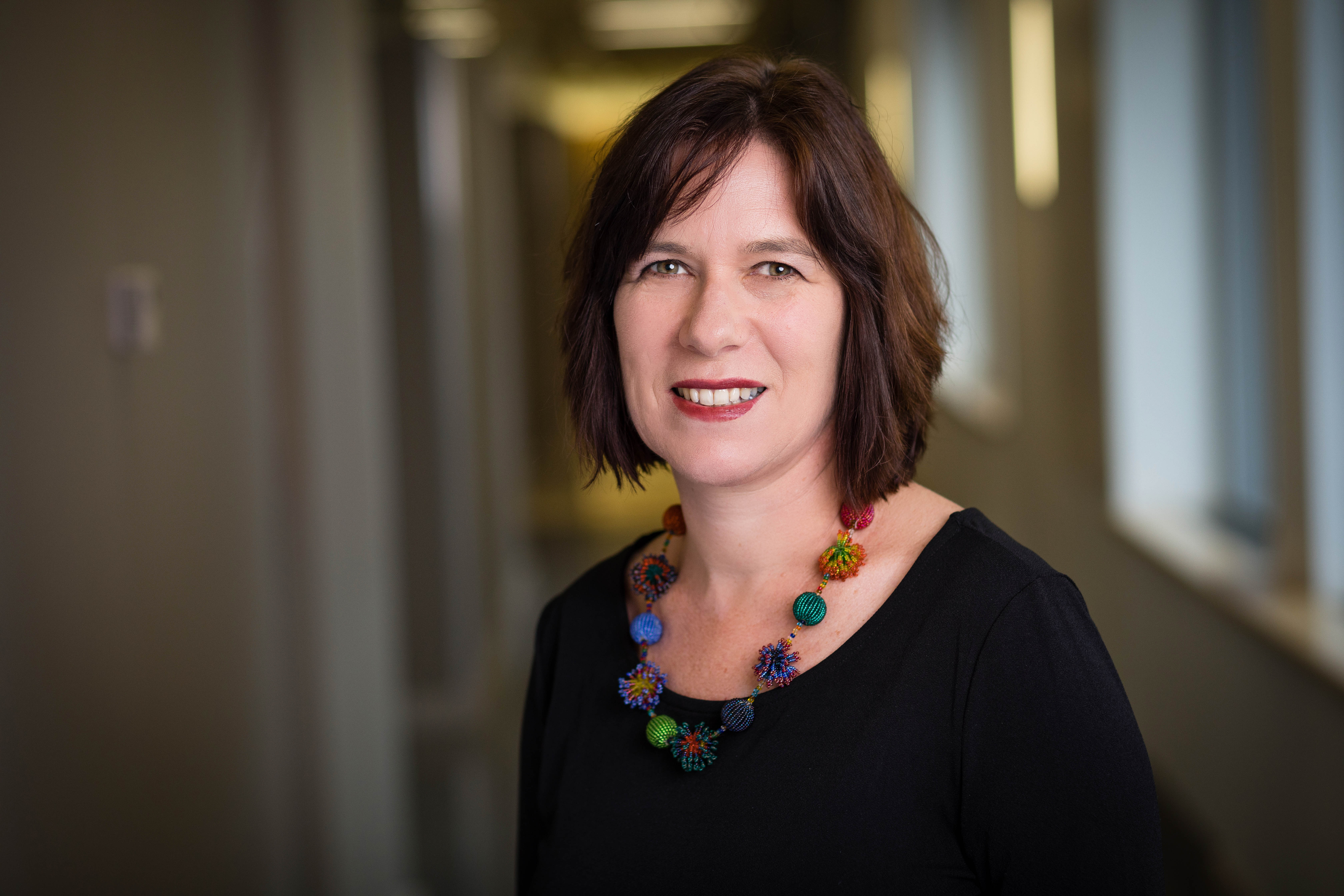 JENNIFER CASE is Professor and Head of the Department of Engineering Education at Virginia Tech. Prior to her appointment in this post she was Professor in the Department of Chemical Engineering at the University of Cape Town, South Africa, where she retains an honorary appointment. She completed postgraduate studies in the UK, Australia and South Africa. With more than two decades of undergraduate teaching and curriculum reform work, she is also a renowned researcher in engineering education and higher education. Her work especially on the student experience of learning as well as on topics around teaching and curriculum, has been widely published. She was the founding president of the South African Society for Engineering Education (SASEE). She is a coordinating editor for the international journal Higher Education and a co-editor for the Routledge/SRHE series Research into Higher Education.
JENNIFER CASE is Professor and Head of the Department of Engineering Education at Virginia Tech. Prior to her appointment in this post she was Professor in the Department of Chemical Engineering at the University of Cape Town, South Africa, where she retains an honorary appointment. She completed postgraduate studies in the UK, Australia and South Africa. With more than two decades of undergraduate teaching and curriculum reform work, she is also a renowned researcher in engineering education and higher education. Her work especially on the student experience of learning as well as on topics around teaching and curriculum, has been widely published. She was the founding president of the South African Society for Engineering Education (SASEE). She is a coordinating editor for the international journal Higher Education and a co-editor for the Routledge/SRHE series Research into Higher Education.
Download the lecture poster HERE
For more information on Lectures at the Leading Edge 2018-19 click HERE
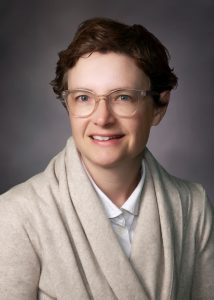 Dr. Elizabeth Gillies
Dr. Elizabeth Gillies
Centre for Advanced Materials and Biomaterials Research, Department of Chemistry, and Department of Chemical and Biochemical Engineering, The University of Western Ontario
Degradable polymers are of significant interest for biomedical applications, including drug delivery and regenerative medicine, where they can be used to fabricate delivery systems such as particles and hydrogels, and can also be used to fabricate tissue engineering scaffolds. Thus far, significant progress has been made in these fields using natural polymers such as collagen and chitosan as well as synthetic polyesters such as polylactide and polycaprolactone. However, the ability to tune the properties of these polymers as well as their degradation rates is relatively limited. This presentation will describe our development and application of two polymeric platforms. Poly(ester amide)s (PEAs) can be prepared from amino acid, diol, and dicarboxylic acid monomers, and their properties can be readily tuned according to the choice of specific monomers. Our use of PEAs for the preparation of drug delivery systems and tissue engineering scaffolds will be presented. Self-immolative polymers (SIPs) are a recently developed class of degradable polymers that depolymerize to small molecules in response to the cleavage of a single stimuli-responsive end-cap from the polymer terminus. This allows an unprecedented degree of control over the polymer degradation process as end-caps can be introduced that are responsive to a wide range of stimuli including light, heat, weak acids, hydrogen peroxide, or reducing agents, many of which are accessible in vivo and are associated with disease states such as cancer and inflammation. Our group’s work towards applying SIPs for drug delivery in the form of nanoparticles and coatings will be presented.
_____________________________________________
Elizabeth Gillies is a Professor in the Department of Chemistry and Department of Chemical and Biochemical Engineering at the University of Western Ontario. She obtained her B.Sc. degree in Chemistry from Queen’s University, Kingston, Canada in 2000. She then moved to the University of California, Berkeley where she completed her Ph.D. degree in 2004 working under the guidance of Jean Fréchet. After postdoctoral work at the University of Bordeaux with Ivan Huc, she joined Western in 2006. Her research interests are in the development of biodegradable polymers, stimuli-responsive polymers, phosphorus-containing polymers, and polymer assemblies. Her team is applying these polymers via multidisciplinary collaborations to a range of applications including drug delivery, tissue engineering, and agriculture. Dr. Gillies is currently the Director of the Centre for Advanced Materials and Biomaterials Research at Western. She has received a number of awards including a Tier 2 Canada Research Chair in Biomaterials Synthesis, E. W. R. Steacie Memorial Fellowship, Early Researcher Award (Ontario), and Fallona Interdisciplinary Science Award (Western).
Hosted by Dr. Molly Shoichet
Snacks and Refreshments will be served
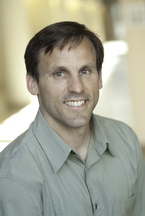 Dr. Brian Amsden
Dr. Brian Amsden
Department of Chemical Engineering, Queen’s University
Aliphatic polycarbonates feature low cytotoxicity, a low glass transition temperature, and elasticity. These polymers are readily synthesized through ring-opening polymerization of cyclic carbonates, such as trimethylene carbonate, using a variety of biologically benign catalysts. They are also hydrolysis resistant and degrade in a molecular weight dependent manner through the action of reactive oxygen species and enzymes secreted by activated macrophages. This combination of properties makes them potentially useful for creating a variety of polymer biomaterials, ranging from elastic and resilient hydrogels to viscous liquids. In this presentation, a demonstration of the utility of these materials will be provided, focusing on copolymers designed as scaffolding materials for soft connective tissue regeneration and as vehicles of the delivery of acid-sensitive drugs.
_____________________________________________
Brian Amsden is the Donald and Joan McGeachy Chair in Biomedical Engineering at Queen’s University. His current research interests include the development of biodegradable elastomers, hydrogels, and low viscosity hydrophobic polymers for the local delivery of small molecules, peptides and proteins, and stem cells, and as scaffolds for soft and connective tissue regeneration. He is the Director of the CONNECT! NSERC CREATE Program in Soft Connective Tissue Regeneration Network and a Co-Director of the Human Mobility Research Centre at Queen’s..
Hosted by Dr. Molly Shoichet
Snacks and Refreshments will be served
Microwave Applications in Mineral Processing: Opportunities for Energy Savings and Smart Beneficiation
Join us this month as Professor Erin Bobicki discusses new innovations in sustainability. The depletion of high-grade ores, rising production costs, climate change, the increasing scarcity of fresh water, and the need for a social license to operate all necessitate the development of efficient and sustainable mineral processing technologies. The application of microwaves in mineral processing presents an opportunity for energy savings and improved mineral separation efficiency. This presentation briefly describes the fundamentals of microwave heating, discusses emerging applications of microwave technology in mineral processing, reviews results from our lab on the microwave processing of ultramafic nickel ores, and addresses common concerns regarding energy savings and scale-up.
__________________________________________
Dr. Erin R. Bobicki is a professor of mineral processing in the departments of Materials Science and Engineering and Chemical Engineering and Applied Science at the University of Toronto. She has a PhD in Chemical Engineering from the University of Alberta and has worked as a researcher and plant metallurgist for Vale, and as a Process Technology Development Engineer for Intel. Professor Bobicki’s research interests include microwave applications in mineral processing, bioreagent development, bioseparation, the rheology of complex mineral slurries, and value recovery from waste materials.
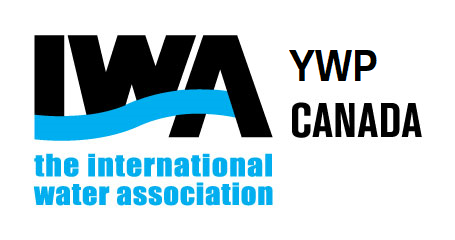 The International Young Water Professionals Conference brings together 300 water, environment and related young professionals from across the globe. The conference is an opportunity to highlight how young water professionals are making an impact across the sector. Capacity development and training sessions will be offered to hone the skills of our future water leaders to enable them to tackle the growing demands of the water sector.
The International Young Water Professionals Conference brings together 300 water, environment and related young professionals from across the globe. The conference is an opportunity to highlight how young water professionals are making an impact across the sector. Capacity development and training sessions will be offered to hone the skills of our future water leaders to enable them to tackle the growing demands of the water sector.
Click HERE for more information
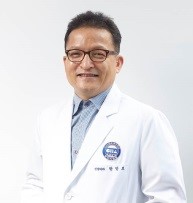 Dr. Inbo Han, MD, PhD
Dr. Inbo Han, MD, PhD
Department of Neurosurgery, Spine Center
CHA University, School of Medicine, South Korea
“Matrilin-3 pretreatment improves the function of mesenchymal stem cells in the intervertebral disc repair”
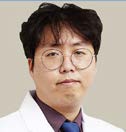 Dr. UnYong Choi, MD
Dr. UnYong Choi, MD
Department of Neurosurgery, Spine Center
CHA University, School of Medicine, South Korea
“Disc regenerative therapy of intervertebral disc degeneration in stem cell with scaffold”
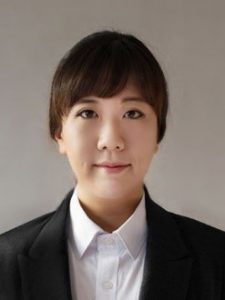 Ji-hye Lee, PhD
Ji-hye Lee, PhD
Medical & scientific affairs, CGBio, Co., Ltd., South Korea
“Introduction of CGBio”
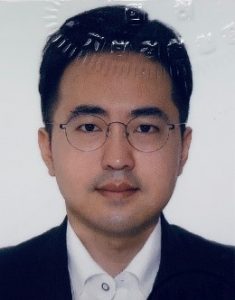 Chanwoo Ryan Hong
Chanwoo Ryan Hong
Director, illuminaid inc., South Korea
R&D team3 manager, CGBio, Co., Ltd., South Korea
“Introduction of custom 3d printing system for bioprint”
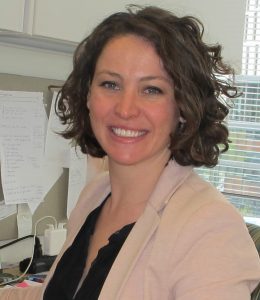 Kara L. Spiller, PhD
Kara L. Spiller, PhD
Biomaterials and Regenerative Medicine Laboratory
School of Biomedical Engineering, Science, and Health Systems
Drexel University, Philadelphia
Diabetes and peripheral arterial disease affect hundreds of millions of people worldwide. Patients with these conditions frequently develop chronic wounds on the lower limbs that lead to amputation, with a 5-year mortality rate as high as 77%. Macrophages, the primary cell of the innate immune system, are critical regulators of angiogenesis and wound healing. Their dysfunction is strongly implicated in arterial dysfunction, limb ischemia, and poorly healing chronic wounds. The goal of the Biomaterials and Regenerative Medicine Laboratory at Drexel University is to understand the mechanisms by which macrophages orchestrate successful angiogenesis and tissue regeneration and to develop novel biomaterial strategies that apply these principles to pathological situations, in order to ultimately prevent limb amputation. This talk will focus on the effects of temporal changes in macrophage phenotype on angiogenesis, the design of biomaterials and drug delivery systems to modulate macrophage phenotype for enhanced angiogenesis, and the development of macrophage phenotype-related biomarkers to assist in clinical decision making for a personalized medicine approach to wound care.
Dr. Kara Spiller is an Associate Professor in Drexel University’s School of Biomedical Engineering, Science, and Health Systems. Her research interests include the role of immune cells in tissue regeneration, the design of immunomodulatory biomaterials, and international engineering education. Her research is funded by the NIH, the NSF, and private foundations. Her awards include a Fulbright fellowship, the NSF CAREER award, and the United States nomination for the ASPIRE prize.
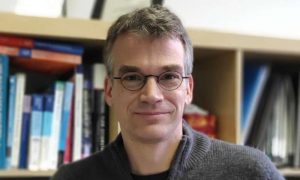 Professor. Matthias Heinemann
Professor. Matthias Heinemann
University of Groningen,
Netherlands
The principles governing cellular metabolic operation are poorly understood. Because diverse organisms show similar metabolic flux patterns, we hypothesized that a fundamental thermodynamic constraint might shape cellular metabolism. Here, we develop a constraint-based model for Saccharomyces cerevisiae with a comprehensive description of biochemical thermodynamics including a Gibbs energy balance. Non-linear regression analyses of quantitative metabolome and physiology data reveal the existence of an upper rate limit for cellular Gibbs energy dissipation. By applying this limit in flux balance analyses with growth maximization as the objective function, our model correctly predicts the physiology and intracellular metabolic fluxes for different glucose uptake rates as well as the maximal growth rate. We find that cells arrange their intracellular metabolic fluxes in such a way that, with increasing glucose uptake rates, they can accomplish optimal growth rates but stay below the critical rate limit on Gibbs energy dissipation. Once all possibilities for intracellular flux redistribution are exhausted, cells reach their maximal growth rate. This principle also holds for Escherichia coli and different carbon sources. Our work proposes that metabolic reaction stoichiometry, a limit on the cellular Gibbs energy dissipation rate, and the objective of growth maximization shape metabolism across organisms and conditions.
Download the event poster HERE
 Associate Professor Vikramaditya Yadav
Associate Professor Vikramaditya Yadav
The Biofoundry, Department of Chemical and Biological Engineering
University of British Columbia
Hosted by Prof. Krishna Mahadevan
The principal theme of Prof. Yadav’s research is the utilization of metabolic & enzyme engineering to investigate and customize novel biosynthetic enzymes that can convert biomass-derived feedstocks into value-added chemicals. His group also extends the principles of metabolic engineering to the design and development of unique bioremediation strategies to rehabilitate the water quality in and around industrial zones and develop new mining biotechnologies. In addition to green engineering, his research group also pursues medical biotechnology research, and focuses on bioengineering for assay development, lead generation and product development.
The seminar will provide a broad overview of the research and commercialization efforts that are afoot in his laboratory at UBC. In particular, the talk will cover some of his group’s recent successes in elucidating and using a novel plant metabolic pathway for the synthesis of value-added chemicals, the development of a biosensor for screening insect repellants, bioremediation of oil sands tailings ponds and the fabrication of biohybrid materials for harvesting solar energy.
_____________________________________
Vikramaditya G. Yadav is an Associate Professor in the Department of Chemical & Biological Engineering and the School of Biomedical Engineering at the University of British Columbia (UBC). He is a leading voice on synthetic biology research, education and translation in Canada, and his research program is distinguished by its impact and strong emphasis on technology translation, and his group collaborates with several companies. He is also the Chief Technology Officer of Metabolik Technologies Inc., an environmental biotechnology company, and serves on the boards of InMed Pharmaceuticals and Phytonix Corporation. He is a highly respected educator and currently serves as the Director of the Master of Engineering Leadership program in Sustainable Process Engineering at UBC. He currently serves as an Associate Scientific Advisor for Science Translational Medicine and an Associate Editor of Catalysis in Green Chemistry & Engineering. He was recognized by the CSChE with its Emerging Leader in Chemical Engineering Award in 2017
 Dr. Elizabeth Gillies
Dr. Elizabeth Gillies Dr. Brian Amsden
Dr. Brian Amsden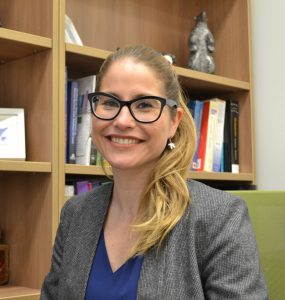
 Professor. Matthias Heinemann
Professor. Matthias Heinemann Associate Professor Vikramaditya Yadav
Associate Professor Vikramaditya Yadav